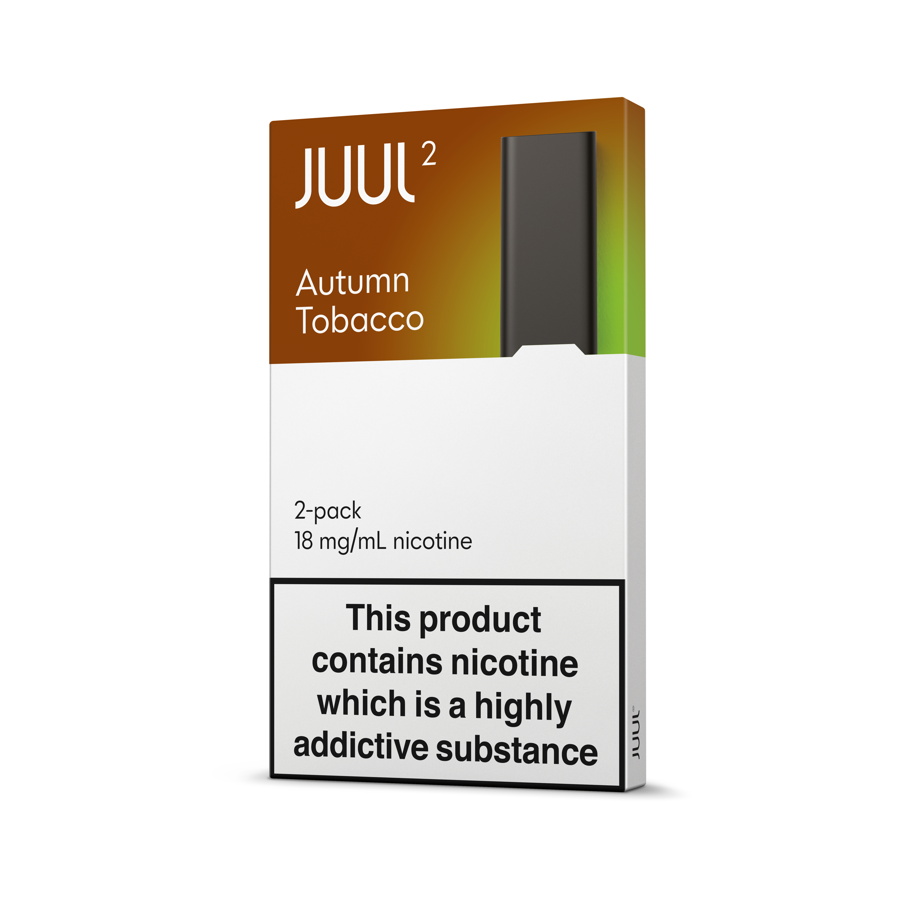Court puts US ban on Juul products on hold
June 27, 2022

A US federal appeals court on Friday put on hold the Food and Drug Administration’s (FDA) ban on sales of Juul Labs’ e-cigarettes, after the company appealed the health agency’s order and said the ban would cause it “irreparable harm”.
The US Court of Appeals for the District Of Columbia Circuit said the purpose of the stay was to allow the court sufficient time to consider Juul’s briefing for an emergency review and not a ruling on the merits of that motion.
The once red-hot vape company has also been working with its legal advisers on options that include a possible bankruptcy filing if it is unable to get relief from the government’s ban, the Wall Street Journal reported, citing people familiar with the matter.
Juul’s counsel Kirkland & Ellis is advising on the contingency plans, according to the report.
The FDA said on Thursday Juul failed to show the sale of its products would be appropriate for public health, following a nearly two-year-long review of data provided by the company.
Juul, partly owned by tobacco giant Altria Group, said it disagreed with the agency’s findings.
The temporary freeze on the FDA order lasts at least until July 12, according to the court’s scheduling order.
The pause gives Juul time to argue for why the order should be placed on hold for a longer amount of time pending the court’s review of it. The DC Circuit can extend the pause on the agency’s order, or it can let the order take effect while Juul’s appeal is pending.
The FDA and Juul declined to comment.
Juul said the FDA’s decision to block sales of its products was “extraordinary and unlawful”, citing, among other things, the agency authorizing similar e-cigarette products made by competing manufacturers.
BAT’s Vuse Solo was the first e-cigarette to get the agency’s clearance in October.
Juul also said the FDA’s ban was a departure from the agency’s normal practices, which typically involve allowing a transitional period, and questioned the agency’s “immense political pressure from Congress”.
(Reuters)
